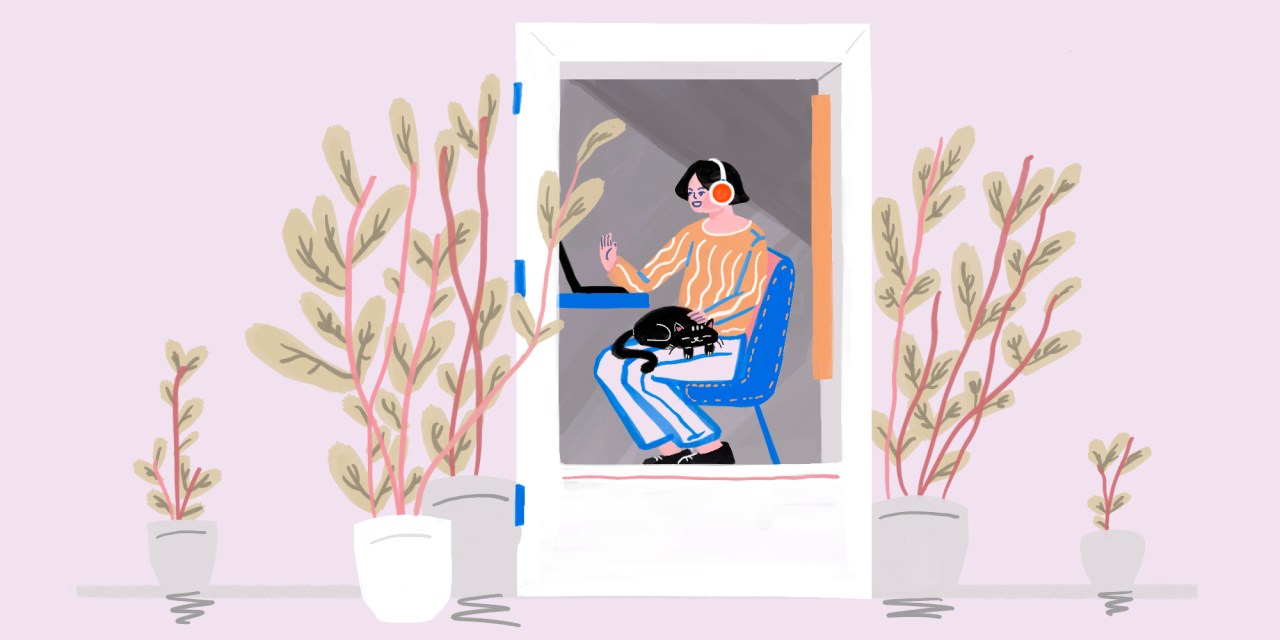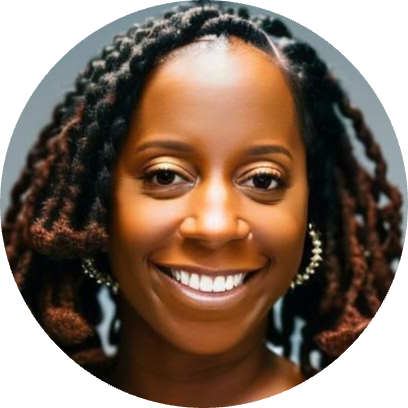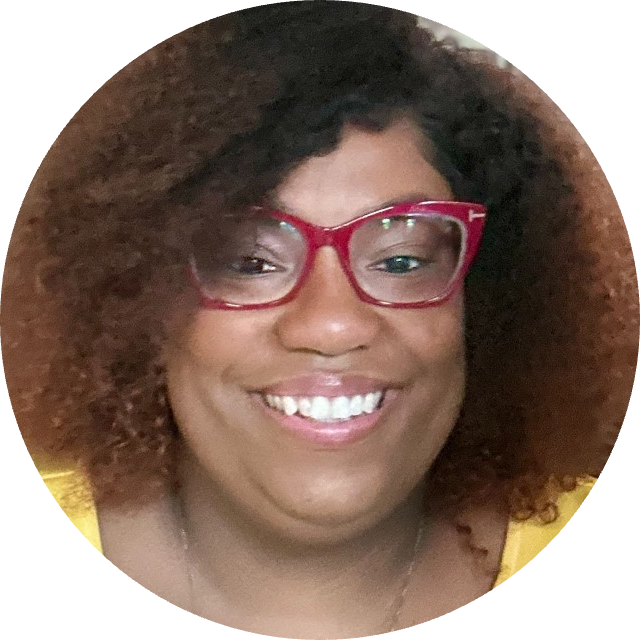Should you disclose your disability during the interview process?

This article is part of a series that will spotlight the biggest challenges and opportunities for desk-based professionals who are neurodiverse. More from the series →
Are you a U.S. citizen? What is your race? What is your gender? Do you have a disability? Are you a protected veteran?
When applying for a job, those are the five questions we all face as a part of the Equal Employment Opportunity (EEO) questionnaire that companies are required to ask per federal statutes and regulations. While they are voluntary, it’s easy to wonder how it impacts your application and whether you should be honest or answer at all.
With the disability question specifically, you are faced with a list of disabilities and health conditions that range from a traumatic brain injury to diabetes to ADHD. If you divulge that condition, will hiring managers and recruiters put you in a different pile of applications?
But, according to workplace experts who spoke with WorkLife, that information won’t be used to decide whether you get the role. In fact, in many cases that information is withheld from the hiring manager.
“Once an application is sent over to a customer through our platform, we do not provide the voluntary disclosure,” said Alta Ray, senior employment counsel at recruiting software company Greenhouse. “Any of the demographic information a candidate provides is not provided to the customer. What is provided is an anonymized aggregate data of who is applying for these roles.”
The data from the questions only becomes relevant if the person accepts the job. With most applicant tracking systems, the information is hidden from recruiters except on a bulk or statistical basis. If a company is being discriminatory, filling out this form actually helps provide information for authorities to find it and eliminate it.
“A customer can’t narrow down and see who input what data, what they can see is the big picture,” said Ray. “It will never be linked to the candidate. You can use it for making talent recruiting plans moving forward to help you figure out where the gaps and trouble spots are.”
However, that means if someone needs workplace accommodations, they will need to explicitly disclose this information to the recruiter or hiring manager. This can sometimes cause concern to individuals who fear it will impact their chances of landing the role. Lois Castillo, head of DEI at digital advertising platform company Basis Technologies, was in this position early on in her career when she decided not to disclose to employers that she was dyslexic.
“I didn’t share that I had a disability in the beginning when I was younger in my career,” said Castillo. “I know now, after years of working, it hindered some support that I could have gotten and the projection of my career quicker. So I can relate to that feeling because I didn’t even think about disclosing 20 years ago because of that fear.”
But it can actually be helpful. Castillo wishes she could have told her younger self this.
“If you’re not comfortable, it’s OK, but as you go through the process, I do think that it benefits you as an employee,” said Castillo. “It tells you two things: if the organization you’re interviewing for is ready and if they have the tools to help you navigate and be your best employee self by creating a path for you in that interview process to support you to be the best worker.”
For example, if she had to face a written test as a part of an interview process, disclosing this information could mean different accommodations. If that test is timed, maybe the employer would allow for additional time. Or, if someone has ADHD, an employer might give them the interview questions ahead of time so they can prepare better. People who have anxiety might see a better interview process with one-on-one interviews rather than sitting in front of a panel, and that accommodation can be made. The list goes on.
“I can honestly say that I’ve never seen disclosure hinder,” said Castillo. “What I have seen it do is advocate and hold the organization that is interviewing someone with a disability accountable to be ready to support them through their work process.”
Sharing that information isn’t always so easy to disclose. However, employers can do their part and help by giving the candidates the option and space to share this information, stressed Tom Cornell, senior IO psychology consultant at hiring platform HireVue.
“There’s a lot of different approaches that companies have when inviting individuals to disclose,” said Cornell. “I think you should really be giving candidates the option, but it’s not a requirement like ‘hey, if you’d like to disclose at this stage, please let us know’, and you have that throughout the process.”
Beyond that, employers can also use thoughtful language when potentially hiring neurodiverse individuals. Even when it comes to a job description, Cornell says it’s important to reduce any unnecessary cognitive load on individuals. For example, even something as simple as “team player” on a job description might throw someone off who has autism because they might think “I don’t play sports,” Cornell explained.
“The language is a really big part of it,” said Cornell. “There’s been a trend towards rethinking gendered language in recent years, but we can do that for neurodiversity too.”
Additionally, Kaz Hassan, community and insights industry lead at intranet solution company Unily, argues that if a company shows concern over your disability or neurodiversity, then it’s not the company for you.
Hassan understands why someone would not necessarily want to disclose due to potential judgment, but added that it’s a necessary process to find the right match. “I talk a lot about people picking the right company and I see where we are in the employee experience era where employees are empowered to make a choice about who they work for and why,” he said. “Disclose it and see if accommodations can be made, but also because you’re trying to find the right employer. The right employer for that person will understand and make accommodations.”
Although, it can be difficult to feel comfortable enough to do that when there is still a stigma in some industries or workplaces. “If we can diversify and make people aware of it during the process, then they can view the interviewee through the right lens,” said Hassan.


